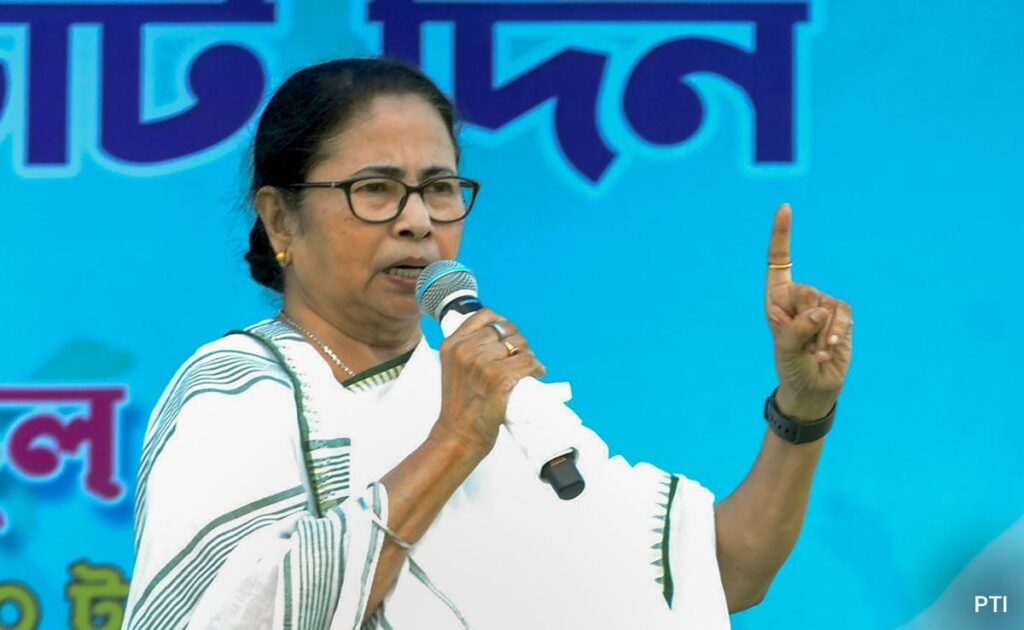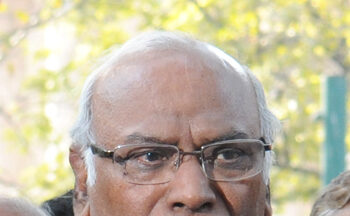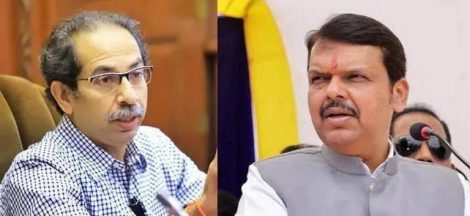West Bengal Chief Minister Mamata Banerjee has strongly criticized the BJP-led central government over the proposed Waqf (Amendment) Bill, describing it as an attack on the rights of the Muslim community and a potential disruption to India’s federal structure. Speaking in Kolkata, she questioned the government’s intentions behind introducing the legislation and its implications for minority communities across the country.
The Waqf (Amendment) Bill seeks to regulate properties managed under the Waqf system, a legal framework wherein assets are held in trust for religious or charitable purposes. Mamata Banerjee argued that the bill undermines state autonomy and jeopardizes the administration of these properties. She expressed doubts about its passage in Parliament, attributing her skepticism to what she called “majoritarian pressure” from the ruling coalition.
Banerjee also linked the proposed bill to broader issues of religious tension, referencing demographic shifts in neighboring Bangladesh, where the Hindu minority population has reportedly declined. She questioned the central government’s silence on the matter, accusing it of failing to address the concerns of Hindus in the region while simultaneously introducing measures that she claims marginalize Indian Muslims.
The Chief Minister’s remarks arrive against the backdrop of ongoing debates on religious identity and governance in India. The introduction of the Waqf (Amendment) Bill has triggered polarized reactions, with proponents advocating for stricter oversight of Waqf properties to prevent alleged mismanagement, while critics, including Banerjee, view the legislation as an attempt to centralize power and alienate minority groups. Her statements echo concerns from opposition parties and civil society organizations about potential misuse of the law for political purposes.
Banerjee’s criticism extended to the broader national landscape, where religious polarization has increasingly influenced policy discussions. She underscored the need for a balanced approach to governance, urging the central government to uphold constitutional values and safeguard the rights of all communities. Banerjee further called for a united front among opposition parties to challenge the BJP’s legislative agenda, emphasizing the importance of collaborative resistance in safeguarding India’s secular fabric.
Her comments have fueled ongoing debates about the role of regional leaders in shaping national discourse. As one of the most vocal critics of the central government, Banerjee has positioned herself as a key figure in opposition efforts to counter the BJP’s policies. This latest intervention reflects her broader strategy of leveraging state-level leadership to influence national politics.




 Trump Warns Hamas Over Hostage Crisis in Gaza
Trump Warns Hamas Over Hostage Crisis in Gaza 